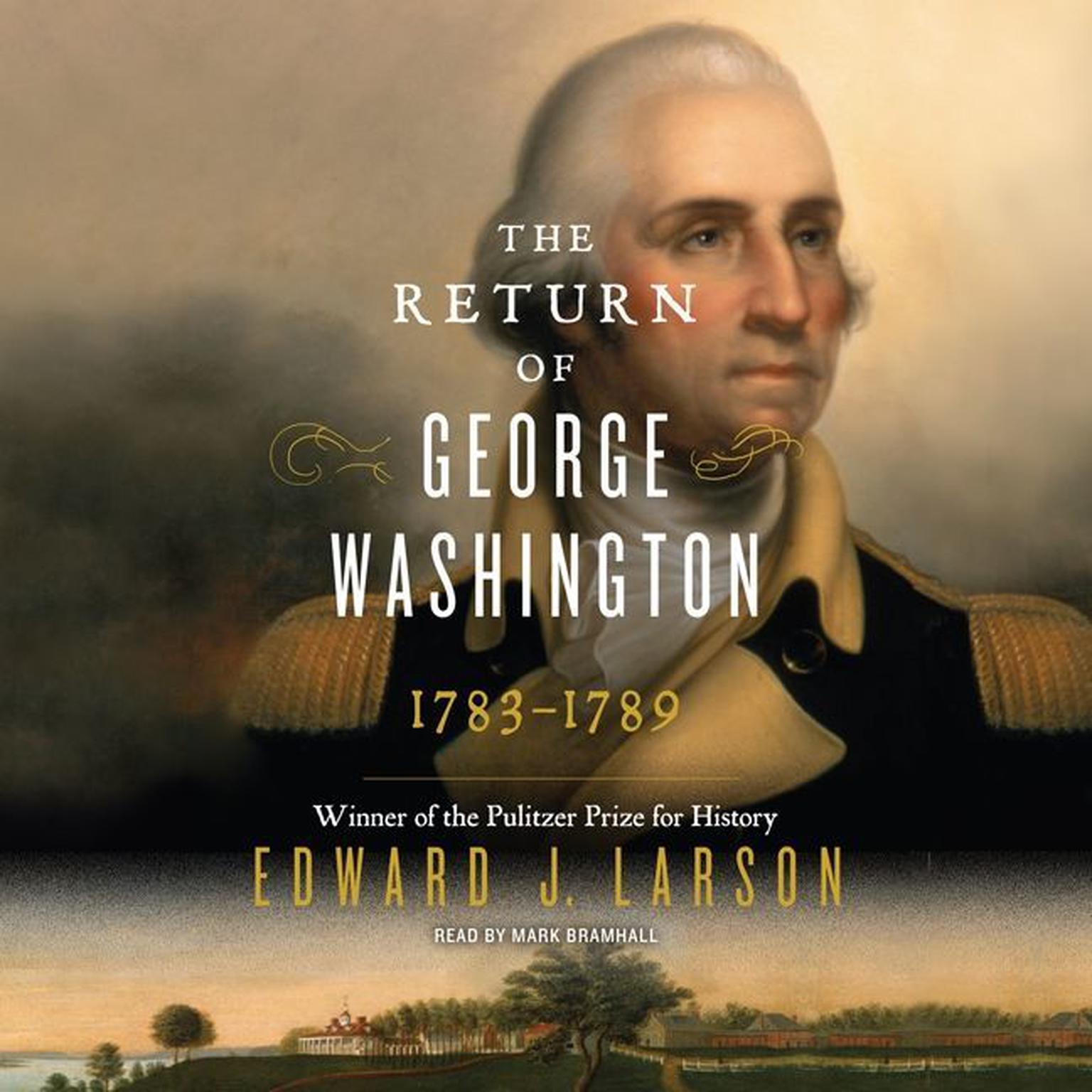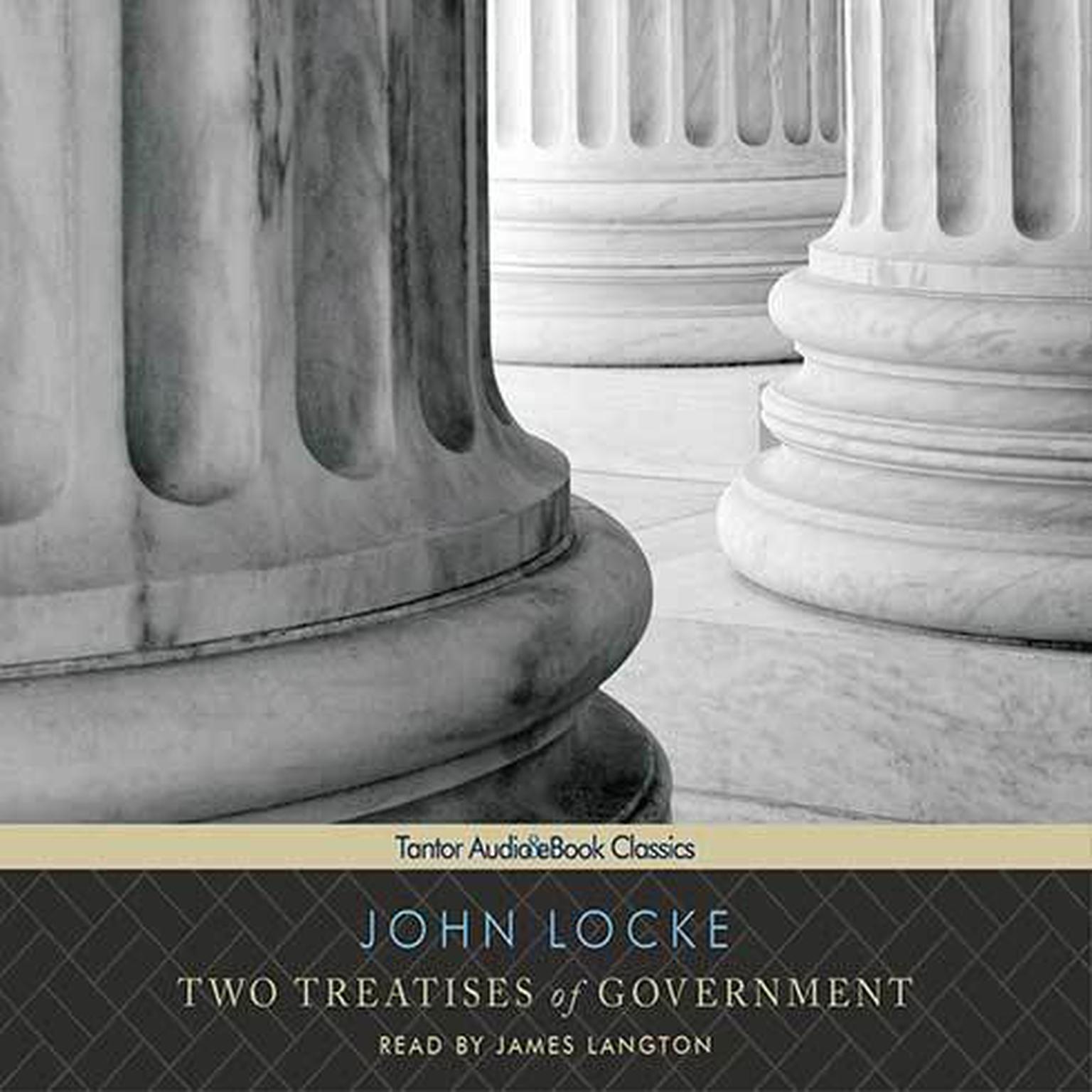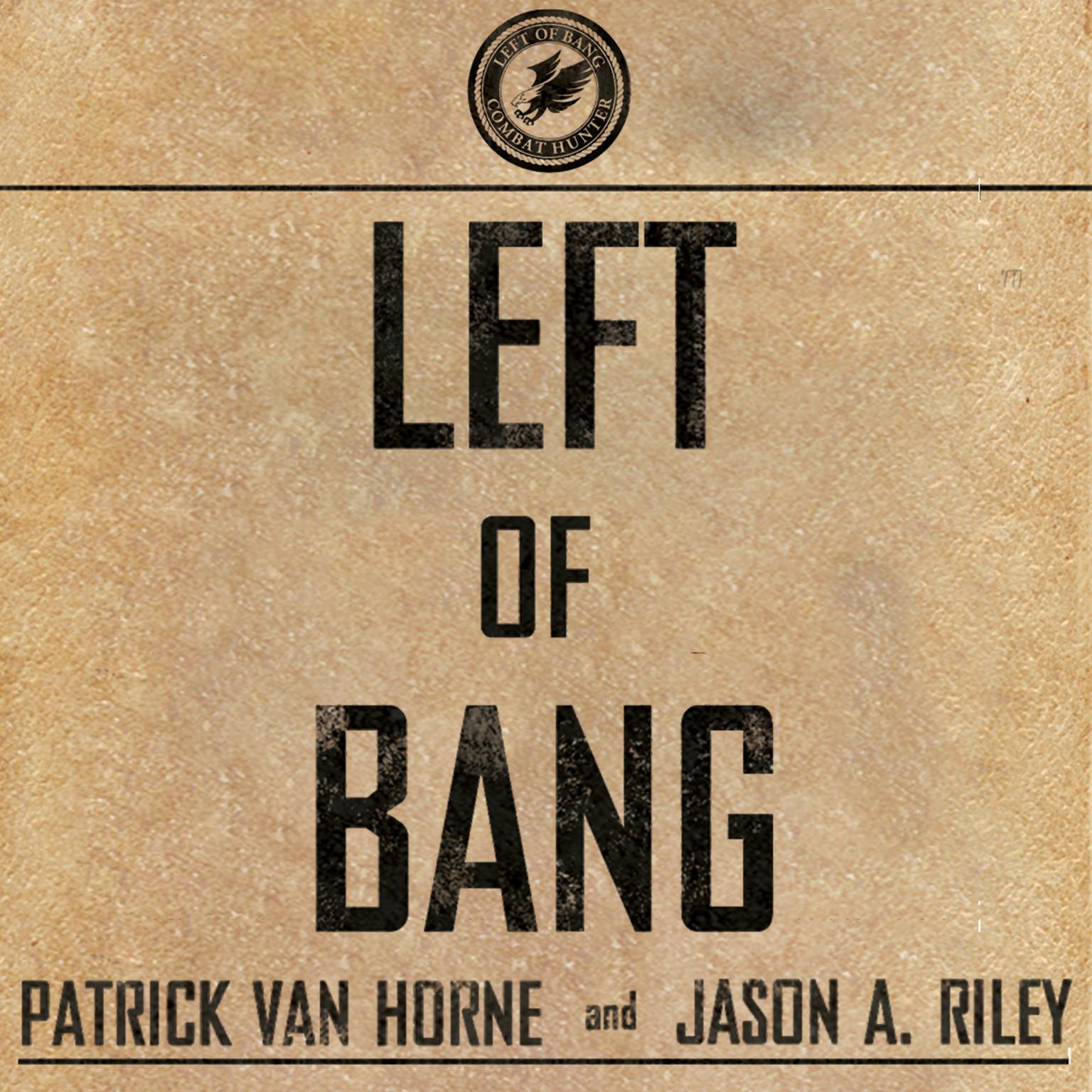Publisher Description
NEW YORK TIMES BESTSELLER
“An elegantly written account of leadership at the most pivotal moment in American history” (Philadelphia Inquirer): Pulitzer Prize-winning historian Edward J. Larson reveals how George Washington saved the United States by coming out of retirement to lead the Constitutional Convention and serve as our first president.
After leading the Continental Army to victory in the Revolutionary War, George Washington shocked the world: he retired. In December 1783, General Washington, the most powerful man in the country, stepped down as Commander in Chief and returned to private life at Mount Vernon. Yet as Washington contentedly grew his estate, the fledgling American experiment floundered. Under the Articles of Confederation, the weak central government was unable to raise revenue to pay its debts or reach a consensus on national policy. The states bickered and grew apart. When a Constitutional Convention was established to address these problems, its chances of success were slim. Jefferson, Madison, and the other Founding Fathers realized that only one man could unite the fractious states: George Washington. Reluctant, but duty-bound, Washington rode to Philadelphia in the summer of 1787 to preside over the Convention.
Although Washington is often overlooked in most accounts of the period, this masterful new history from Pulitzer Prize-winner Edward J. Larson brilliantly uncovers Washington’s vital role in shaping the Convention—and shows how it was only with Washington’s support and his willingness to serve as President that the states were brought together and ratified the Constitution, thereby saving the country.
Download and start listening now!
“Larson is an exceptionally fine historian,
storyteller, and prose master, and Mark Bramhall amplifies those qualities in
his restrained and expertly paced narration. Wisely—thankfully—Bramhall doesn’t
attempt to reproduce the voices of Washington or others but through subtle
changes in tone and inflection suggests character, temperament, and state of
mind. On the page, eighteenth-century rhetoric can be difficult to parse from
writer to writer, and for that reason alone an audio performance is a
convenience and an enhancement. Here, too, Washington—remote and passive as a
historical figure—comes to life as a farmer, botanist, landowner, politician,
and a man you’d like to spend an evening with.”—
AudioFile











